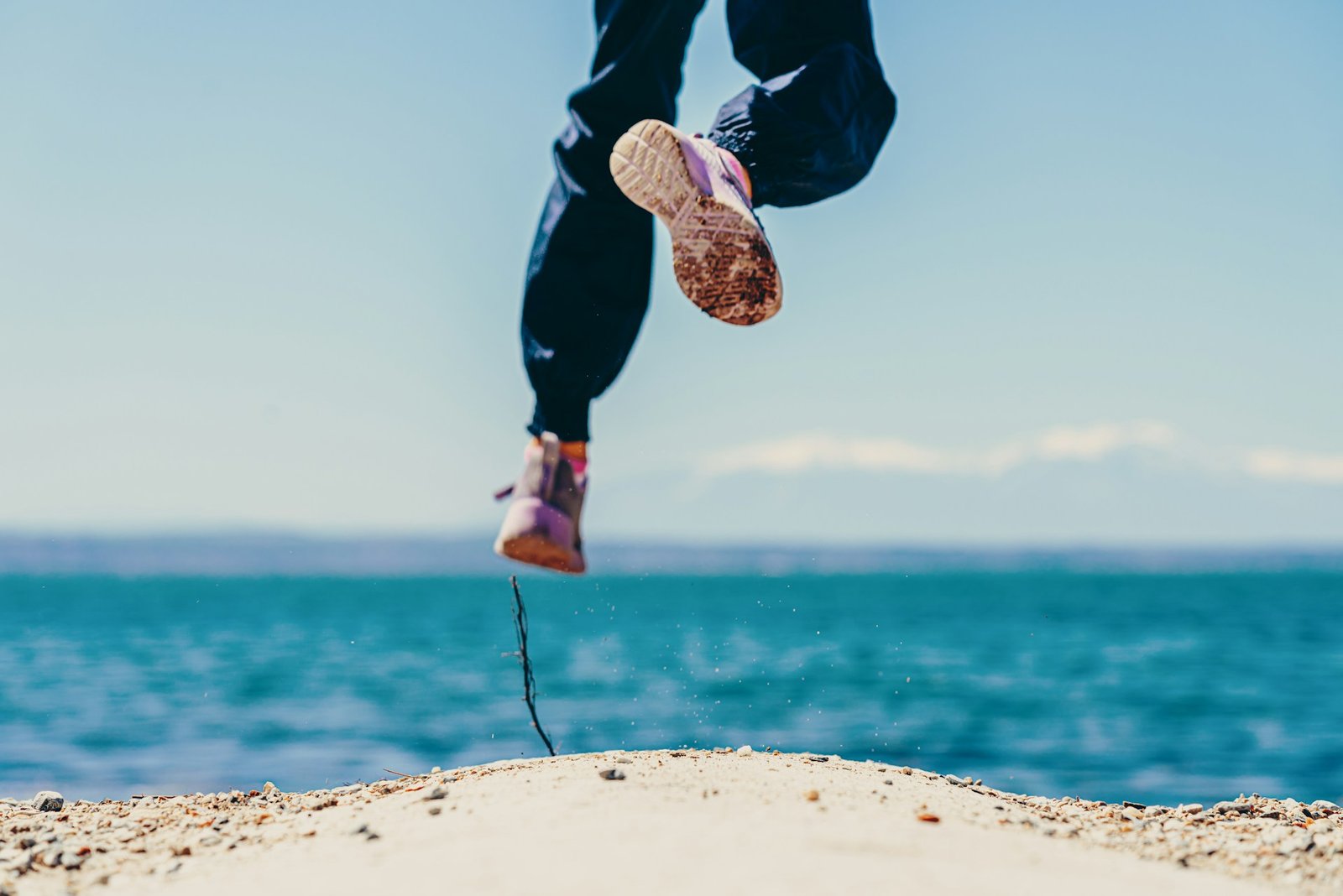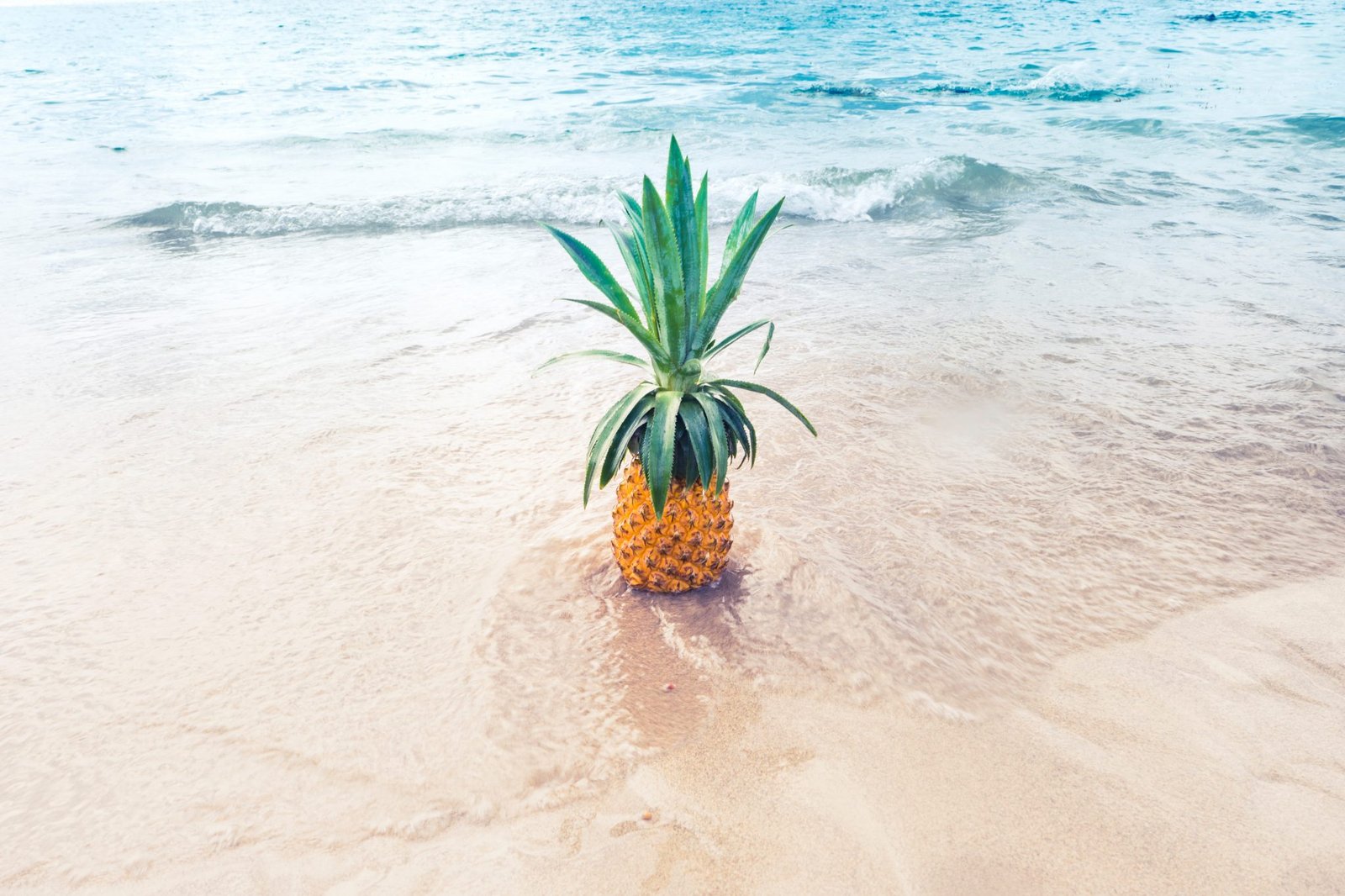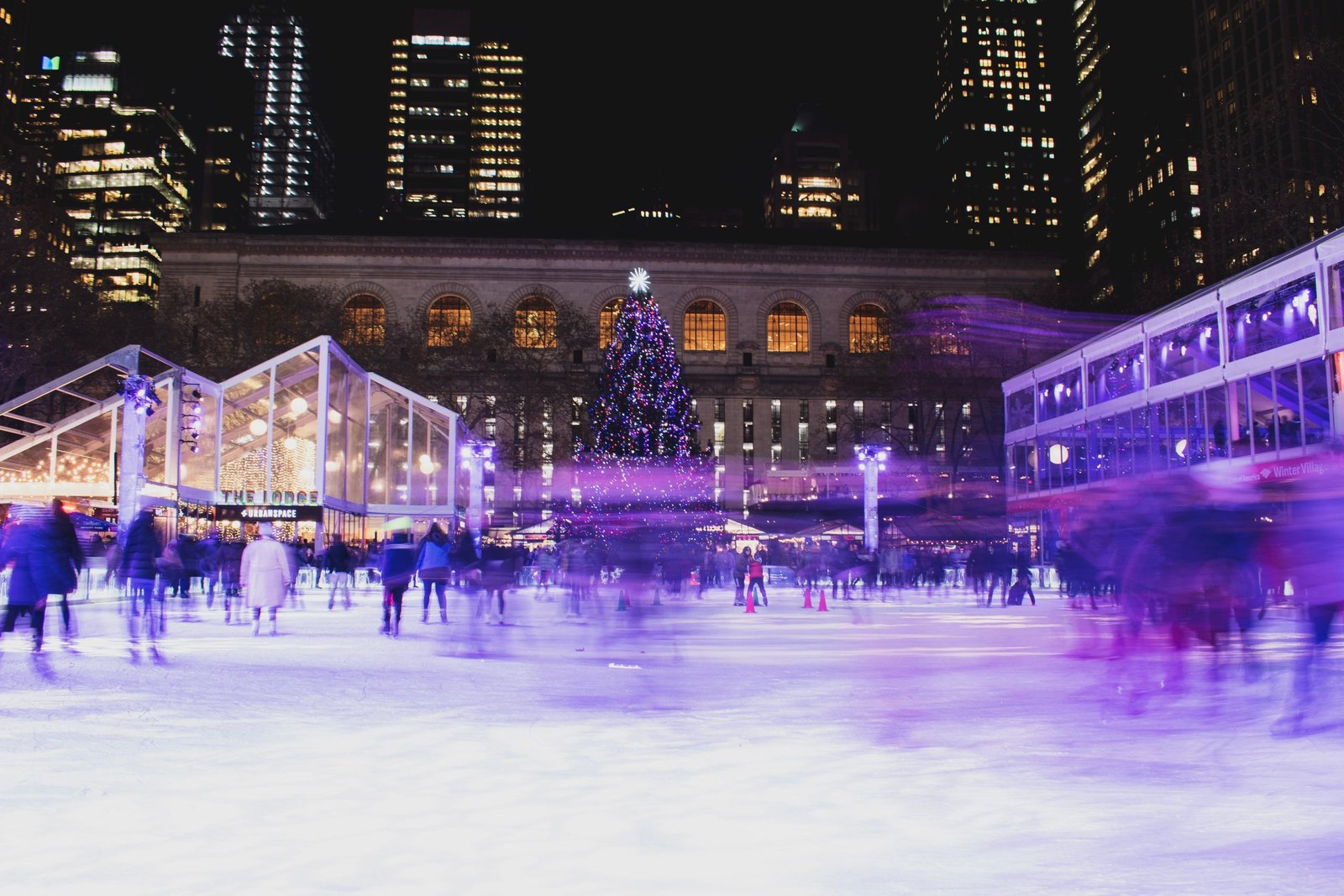Traveling is an exciting adventure, but it can also be risky if you don’t take the necessary precautions.
Whether you’re traveling domestically or internationally, it’s important to prioritize your safety and health. Staying safe and healthy while traveling requires some planning and preparation, but it’s worth the extra effort to avoid any unexpected mishaps. Here are six essential tips for staying secure and healthy on your journeys.

1. Research Your Destination
Researching your destination is crucial in ensuring your safety and health while traveling. Before embarking on your journey, research the location where you’ll be staying, the local customs, and the laws. Learn about the safety and health risks associated with the area and take the necessary precautions. For instance, if you’re traveling to a country with a high crime rate, consider avoiding certain areas or staying in a secure hotel. If you plan to stay in a hotel, consider looking for handpicked hotels offering exceptional service and amenities. These luxurious country house hotels can provide you with a unique and upscale lodging experience. Also, check the weather forecast for your destination and pack accordingly.
There are numerous resources available online to help you research your destination. Check the websites of travel advisory agencies like the State Department or the Centers for Disease Control and Prevention (CDC). You can also read travel blogs and reviews to learn more about the experiences of other travelers.
2. Secure Your Belongings
Securing your belongings is one of the most crucial aspects of travel safety. Losing your passport or credit cards or having your luggage stolen can be a nightmare. Therefore, always keep your valuables close to you and never leave them unattended. Try carrying a waist pack or cross-body bag to prevent pickpocketing. Consider investing in a TSA-approved lock for securing your luggage. Also, avoid flashing expensive items like jewelry, watches, and cameras, which could attract thieves.
Furthermore, it is safer to use ATMs located within banks or hotels, especially at night. Never count your money in public, and always keep small bills in an accessible compartment. By taking these preventative measures, you can reduce the risk of losing your belongings while traveling.
3. Protect Your Identity
Identity theft is a prevalent issue in recent years, and travelers are at higher risk. While on the road, be wary of phishing scams, rogue Wi-Fi networks, or other tactics used to collect personal information. Avoid using public Wi-Fi connections to access sensitive information. Instead, use a secure mobile hotspot or use a Virtual Private Network (VPN) to encrypt your data.
Another crucial aspect of protecting your identity while traveling is to keep your travel documents safe. Ensure that you have copies of your passport, visa, driver’s license, and other essential documents. You can also save digital copies on your phone or email for easy access if needed.

4. Be Aware of Your Surroundings
Being aware of your surroundings is essential to ensure personal safety. It is always advisable to stay alert to potential hazards and identify suspicious activity. Familiarize yourself with the area you plan to visit, the common scams used, and the local culture.
Additionally, try to blend in with the locals as much as possible by dressing appropriately and avoiding any actions that may draw attention to yourself. If you are in an unfamiliar area, avoid walking alone at night and stick to well-lit and populated areas. Staying aware of your surroundings and taking appropriate precautions can help you stay safe while traveling.
5. Know Your Emergency Plan
Knowing your emergency plan is crucial in case of unexpected events like natural disasters or accidents. Familiarize yourself with local emergency resources like hospitals, police stations, or fire departments. Keep their contact information accessible in case of an emergency. Also, consider purchasing travel insurance that covers medical emergencies or trip cancellations. Additionally, ensure that you have the contact information for your hotel, tour guide, and any other relevant service providers. Have a backup plan for worst-case scenarios, including alternative routes or evacuation procedures.
6. Prioritize Your Health
Maintaining good health is essential to ensure you enjoy your trip to the fullest. Consider packing a travel health kit that includes essential items such as sunscreen, insect repellent, over-the-counter pain relievers, and any necessary prescription medication.
Additionally, try to maintain a healthy diet and drink plenty of water, especially in areas with warmer climates. It is also a good idea to pack a few healthy snacks to keep you energized throughout the day. Remember to get enough sleep and try to keep a consistent sleep schedule, especially if you’re dealing with jet lag.

Traveling is an enriching experience that broadens our horizons and exposes us to new cultures. However, it’s important to prioritize our safety and health while traveling. Researching your destination, securing your belongings, protecting your identity, staying connected with your loved ones, knowing your emergency plan, and prioritizing your health are essential tips for staying secure and healthy on your journeys. By following these tips, you can enjoy your travels while staying safe and healthy.






